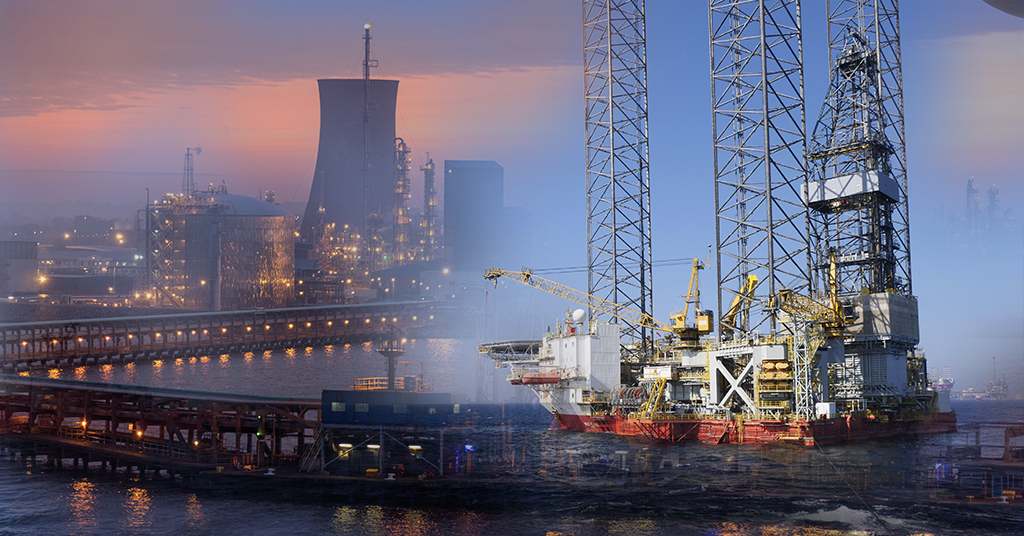Welcome To ChemAnalyst

Hamburg (Germany): Europe has been grappling with economic difficulties, marked by a decrease in economic activity, a deteriorating trade balance in chemical and petrochemical products, and the resultant impact on employment and energy security. In November 2023, new orders in the euro zone continued to decline, contributing to an ongoing decrease in overall business activity. Although the rate of contraction was less severe than in previous assessments, both the manufacturing and services sectors faced challenges due to excess capacity and diminishing demand. This led to reductions in staffing levels, as well as scaled-back purchasing activity and inventories. Meanwhile, manufacturing prices experienced a decline. In Germany, the Manufacturing Purchasing Managers' Index (PMI) for November was 42.6, well below the 50-level indicative of ongoing contraction and reduced consumer demand. This decline in both production and new orders resulted in job losses. Moreover, the price of Polytetramethylene Ether Glycol (PTMEG) consistently fell in November, attributed to lower demand for the feedstock tetrahydrofuran in Germany. This decrease was driven by declining crude oil and natural gas prices. Notably, the global market has witnessed a continuous weakening of crude oil prices, alleviating cost pressures on PTMEG.
PTMEG plays a crucial role in the textile industry by providing essential elasticity and stretchability, making it indispensable in the textile and apparel sector. It is also a key raw material in the production of polyurethane elastomers, which are used in synthetic leather, adhesives, coatings, and sealants. PTMEG is made through the polymerization of Tetrahydrofuran (THF). The demand for PTMEG is mainly influenced by macroeconomic factors and fluctuations in the fundamentals of the downstream polyester industry.
The demand for PTMEG in Germany has declined due to reduced demand from downstream industries such as textiles, construction, and automobiles, which are facing challenges, leading to a month-on-month decrease in sales. As living costs have gone up, consumers have started cutting back on spending, particularly on textiles and clothing, resulting in high inventories for many retailers. Moreover, the European Union's construction sector is experiencing a year-on-year decline in activity, attributed to increased prices for construction materials and labor shortages in some EU countries. Additionally, rising inflation and interest rate hikes have affected various indicators. Investments in residential construction are decreasing, mainly due to higher interest rates on mortgage loans.
The price of PTMEG has been consistently dropping over the past few months in Germany. Limited inquiries from different suppliers suggest a decline in the price of PTMEG in Germany. In September 2023, the price of PTMEG decreased to USD 3045/MT, FD Hamburg, down from USD 3130/MT, FD Hamburg, indicating a 2.7% reduction. In October, it further decreased to USD 2786/MT, FD Hamburg, marking an 8.5% reduction. In November, PTMEG price dropped to USD 2702/MT, FD Hamburg, showing a 3% decrease. ChemAnalyst anticipates that worldwide, PTMEG prices will likely continue to decline due to weak consumption rates from downstream industries and destocking towards the end of the year.
We use cookies to deliver the best possible experience on our website. To learn more, visit our Privacy Policy. By continuing to use this site or by closing this box, you consent to our use of cookies. More info.
